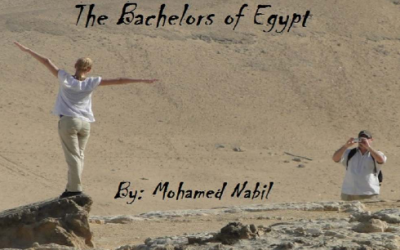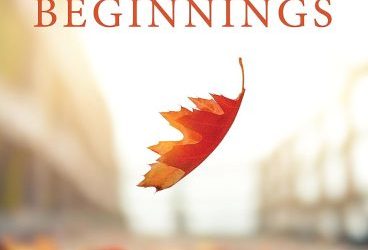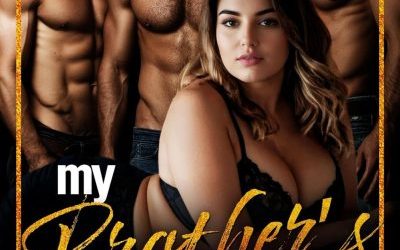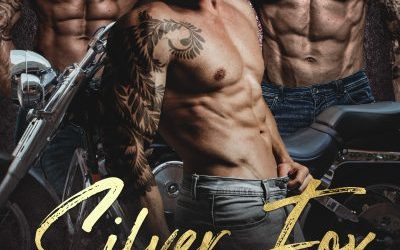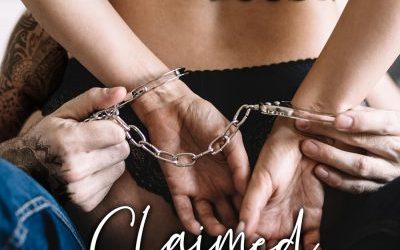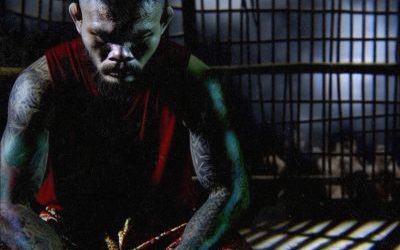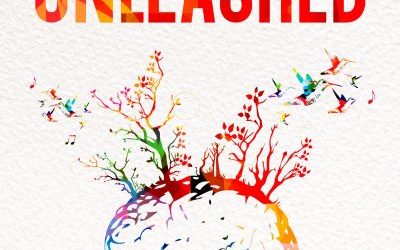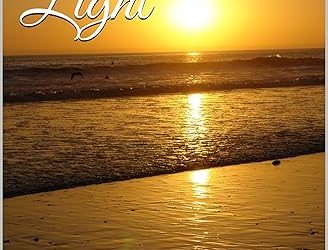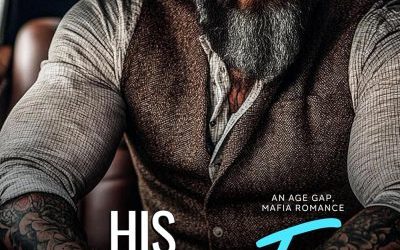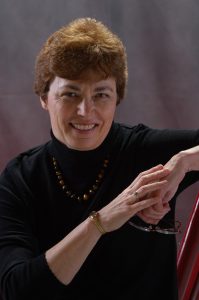 Tell us about yourself.
Tell us about yourself.
I write mysteries and women’s fiction with "Strong Women, Great Stories." I don’t like repetition much, so my books are varied in time, setting, and characters.
I try to write the kind of stories I love to read. There must be characters we care about and who deserve our affection. There must be common sense in the plot, (even if it’s a little "out there," like The Dead Detective Mysteries which are paranormal, or *Not Dead Yet…*, which is a traditional, sci-fi, vintage mystery, if you can wrap your head around that.)
I also see that there’s a satisfying resolution to each story, though it won’t always be roses and rainbows.
What inspired you to start writing, and how did you get started in the world of storytelling?
I began with stage plays, due to the need to have "good" parts for large numbers of my high school students who wanted to be part of Drama Club. When several of my plays were published, I got the idea of writing a novel based on what I knew of Macbeth from teaching English for decades. That led to my first traditionally published novel, *Macbeth’s Niece.*
After that, I couldn’t stop writing. When my publisher went bankrupt, I felt that I’d learned enough to go off on my own, and it’s been fantastic.
What’s the most fun part of writing—plotting a twist, creating a quirky character, or something else entirely?
Writing a key scene is both a joy and a challenge. It has to feel "right," which means true to life but also exciting and challenging for the characters. In my book *Yesterdays Murder,* the editor sent a side note claiming that she found the scene at a mountain cabin very compelling. That’s what I aim for, making an editor sit up and take notice.
What’s the most unusual or quirky source of inspiration you’ve ever had for a story?
Staying with my daughter in Richmond, VA, I noticed a group of apparently homeless people who congregated at a store a few blocks from her home. The idea of a sleuth who came from that group struck me, and the first book of the Loser Mysteries, *Killing Silence,* came into my head almost as a complete piece.
Not that it was easy to write. I would never again give my protagonist a challenge like Loser has. It’s hard to write a story when the protagonist only speaks 30 words a day!
What advice would you give to aspiring authors who are just starting their writing journey?
Get as many opinions on your work as you can, then once you’ve considered them all carefully, do what you feel is right. It’s hard to step away from your "baby" and see it as the reader does, but it’s essential to at least hear what others get as they read your work. The view is never clear from inside your head.
I also recommend that when a writer finishes a piece, they should put it away for a month. It’s difficult when you think it’s "finished," and "ready to go," but if you let it sit and then go back, you’ll see all sorts of things that need fixing.
What role does research play in your writing process, especially when you’re exploring new genres or themes?
When I write anything historical or technical, I do a lot of prereading to get an understanding of the topic. Once I’ve written the piece, I ask an expert to read it for correctness.
For example, in writing the *Dead for the Money,* the second Dead Detective Mystery, I asked a former engineer on the Mackinac Bridge to read the scene where people crawl around on that massive structure and make sure I got it right.
When writing the Simon & Elizabeth Tudor Mysteries, I’d go to a library and surround myself with books about the Tudor Era, sampling the information to find bits to add to the stories and put myself "into" the time period.
Can you share a favorite quote or line from one of your books that holds a special meaning to you?
In my Kidnap Capers series, a gang of misfits decides to take on the bullies and cheats of our society. In *PharmaCon,* the second book, they tell a crooked lawyer he’d better straighten up, because they have evidence of his crimes. (Yes, that’s technically blackmail).
“Think of us as guardian angels," they tell him, "only we don’t protect you; we protect others from you.”
What is your favorite part of the writing process, and why?
I like all of it, but perhaps the most compelling is the initial writing, putting it all down to see how it looks. Once I’ve done that, there is still a ton to do, but at least the skeleton is in place.
How do you approach character development? Are there any real-life influences in your characters?
I often start a character with a person I’ve known in mind, a sort of shadow outline. The male lead in *Her Ex-GI P.I.* was based on a man I met in college, a Vietnam vet who’d stepped on a land mine. Having that shadow helps me get a feel for how the person would act in certain situations.
Once the story takes off, however, that shadow fades away. The character becomes real inside the story and separate from anyone living.
What’s your favorite “oops” moment from writing—those happy accidents that turned into something wonderful?
I started working on a book about a con man, which I eventually called *FAKE*. As I wrote about the guy planning to scam two women, I thought, "What if the women had secrets too?" It turned into a book that was great fun to write, because we all have something of the Fake in us.
Have any of your characters ever “taken over” a scene and surprised you with where they went?
Right now I’m writing a story in which a young girl is alone and friendless in a hostile world for a time. I didn’t want her threatened sexually, because that’s often trite. Then another character sort of took over the incident and created a whole new threat, the loss of the girl’s identity. I’m not sure where the idea came from, but it’s perfect for the story.
If your book were to get a movie adaptation, which actor would you cast as the protagonist, and why?
I have so many books! I’ll choose *Aunt Marge,* which requires two female protagonists. For Marge, Kathy Bates would be perfect, similar to what she did in *Dolores Claiborne.* For Gwen, Emma Watson has the vulnerable-but-strong-when-I-have-to-be vibe.
How do you maintain creativity during tough writing moments or when you’re experiencing writer’s block?
I go for a walk. Things tend to work themselves out when I’m in the woods.
What do you hope readers take away from your books, and how do you want them to feel after finishing one of your stories?
I want readers to feel entertained and satisfied at the end of my books. Often my characters find little bits of wisdom as the story progresses, things I’ve learned over the years. Fairness matters. People will surprise you. It’s wrong to take advantage of others just because you can. And everyone has something to offer the world.
Are there any Easter eggs or hidden messages in your work?
No, but it’s funny. I’ve had people tell me they "detected" things in my writing that I had no intention or desire to include.
Peg Herring’s Author Websites and Profiles
Website
Amazon Profile
Goodreads Profile
Smashwords Profile
BookBub Profile
Peg Herring’s Social Media Links
Facebook Page
BlueSky
All information in this post is presented “as is” supplied by the author. We don’t edit to allow you the reader to hear the author in their own voice.
Author Interview Series
To discover a new author, check out our Featured Authors page. Our authors are just waiting for you to discover them. If you enjoyed this writer’s interview feel free to share it using the buttons below because sharing is caring!
If you are an author and want to be interviewed just fill out our Author Interview page.
If you are looking for a new book to read check out our Featured Books Page.

